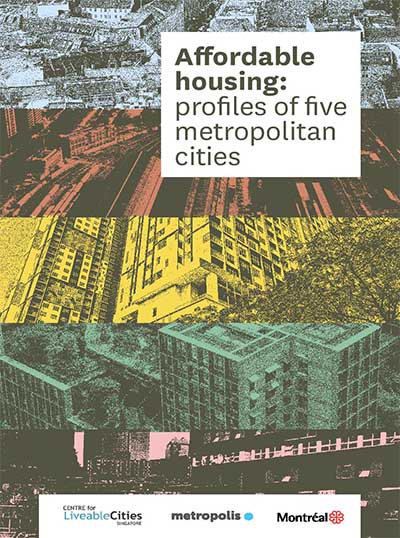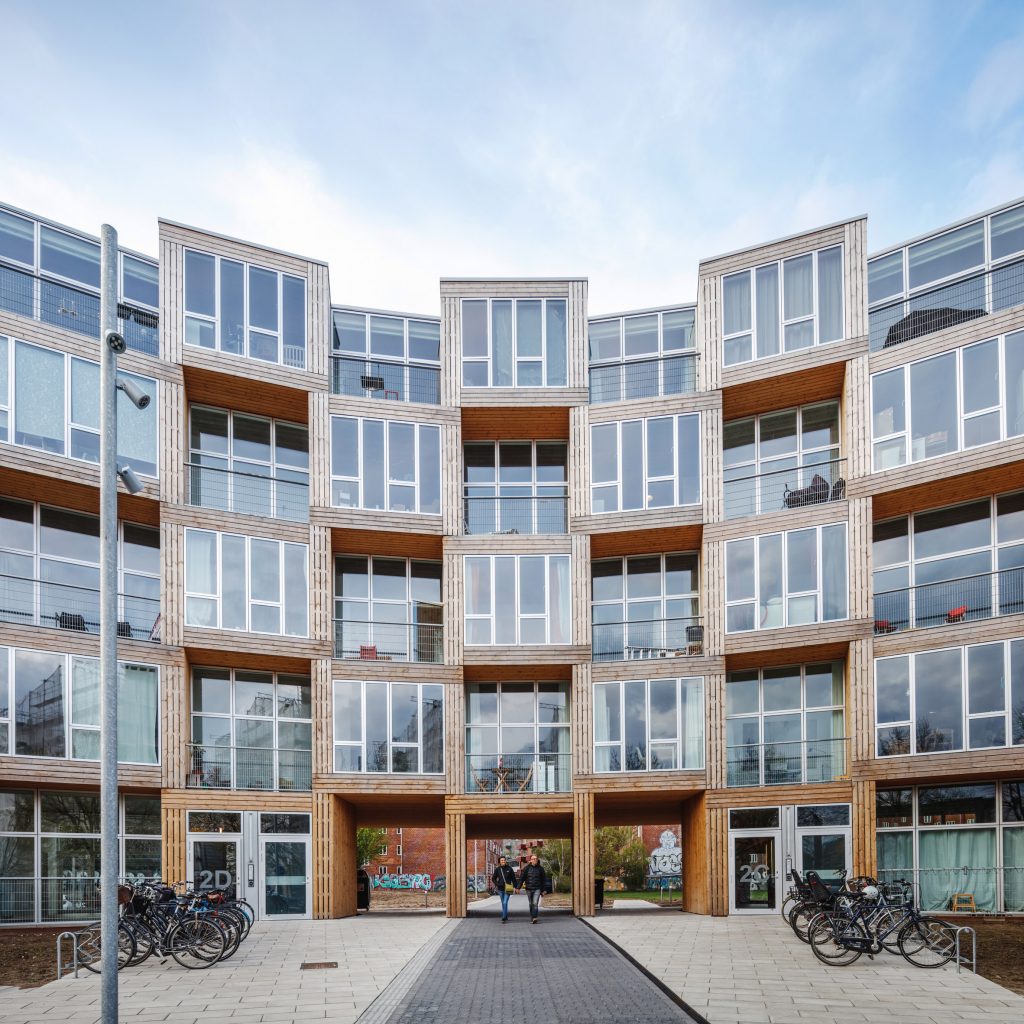Affordable housing profiles of five metropolitan cities

The document titled “Affordable Housing: Profiles of Five Metropolitan Cities” provides an in-depth analysis of the affordable housing landscape in five major metropolitan areas. It highlights the challenges these cities face regarding housing affordability and outlines strategies that have been implemented to address these issues. The report aims to inform policymakers and stakeholders about effective practices and lessons learned from different contexts.
Overview of Affordable Housing Challenges
The report begins by acknowledging that affordable housing is a pressing issue in many urban areas, exacerbated by rapid population growth, economic disparities, and insufficient housing supply. With a significant portion of the population struggling to afford adequate housing, the document emphasizes the need for comprehensive strategies to create sustainable solutions.
Key Challenges Identified
- Rising Housing Costs: Many metropolitan areas have experienced substantial increases in housing prices, making it difficult for low- and moderate-income families to find affordable options.
- Insufficient Supply: The demand for affordable housing often outstrips supply, leading to long waiting lists for social housing and increased competition for available units.
- Economic Disparities: Economic inequality affects access to housing, with marginalized groups facing greater challenges in securing affordable homes.
Profiles of Five Metropolitan Cities
The document provides detailed profiles of five metropolitan cities, examining their unique approaches to addressing affordable housing:
1. Montreal, Canada
Montreal has implemented various strategies to enhance its affordable housing stock. The city has focused on developing social and community housing projects while also promoting private sector involvement through incentives for developers. Notable initiatives include:
- Investment in Social Housing: Montreal aims to create thousands of new social housing units to accommodate diverse populations.
- Community Engagement: The city actively involves residents in planning processes to ensure developments meet local needs.
2. Barcelona, Spain
Barcelona faces significant challenges related to rising rents and gentrification. The city has adopted a multifaceted approach that includes:
- Rent Control Measures: Implementing regulations to curb rent increases and protect tenants from displacement.
- Public Housing Development: Increasing investment in public housing projects to provide affordable options for low-income residents.
3. Berlin, Germany
Berlin’s approach emphasizes the importance of balancing market forces with social responsibility. Key strategies include:
- Cooperative Housing Models: Encouraging cooperative ownership structures that allow residents to collectively manage their living spaces.
- Subsidized Housing Initiatives: Providing financial assistance to low-income families to help them secure affordable homes.
4. New York City, USA
New York City has long struggled with housing affordability but has implemented various policies aimed at increasing access:
- Inclusionary Zoning: Mandating that a portion of new developments be set aside for affordable housing.
- Housing Voucher Programs: Expanding access to rental assistance programs for low-income households.
5. Melbourne, Australia
Melbourne’s approach focuses on integrating affordable housing within broader urban development plans:
- Urban Renewal Projects: Revitalizing underdeveloped areas while ensuring a mix of affordable and market-rate housing.
- Partnerships with Nonprofits: Collaborating with nonprofit organizations to develop and manage affordable housing units.
Recommendations for Policymakers
The report concludes with several recommendations aimed at enhancing the effectiveness of affordable housing policies:
- Comprehensive Planning: Policymakers should adopt integrated approaches that consider the diverse needs of communities while planning for future growth.
- Increased Investment: Greater financial commitment from both public and private sectors is essential for expanding the supply of affordable housing.
- Community Involvement: Engaging residents in decision-making processes can lead to more effective and acceptable solutions tailored to local needs.
- Monitoring and Evaluation: Implementing systems to track the effectiveness of policies and programs will help identify successful strategies and areas needing improvement.
Conclusion
The document emphasizes that addressing the challenge of affordable housing requires coordinated efforts across various sectors and levels of government. By learning from the experiences of different metropolitan areas, stakeholders can develop innovative solutions that not only increase the availability of affordable homes but also promote social equity and community well-being. The profiles provided serve as valuable case studies that can inform future policy decisions aimed at creating sustainable urban environments where all residents have access to safe and affordable housing options.

Further reading:
Metropolitan Affordable Housing metroaffordablehousing
Best Metropolitan Areas for Affordable Housing – Self Credit Builder self
